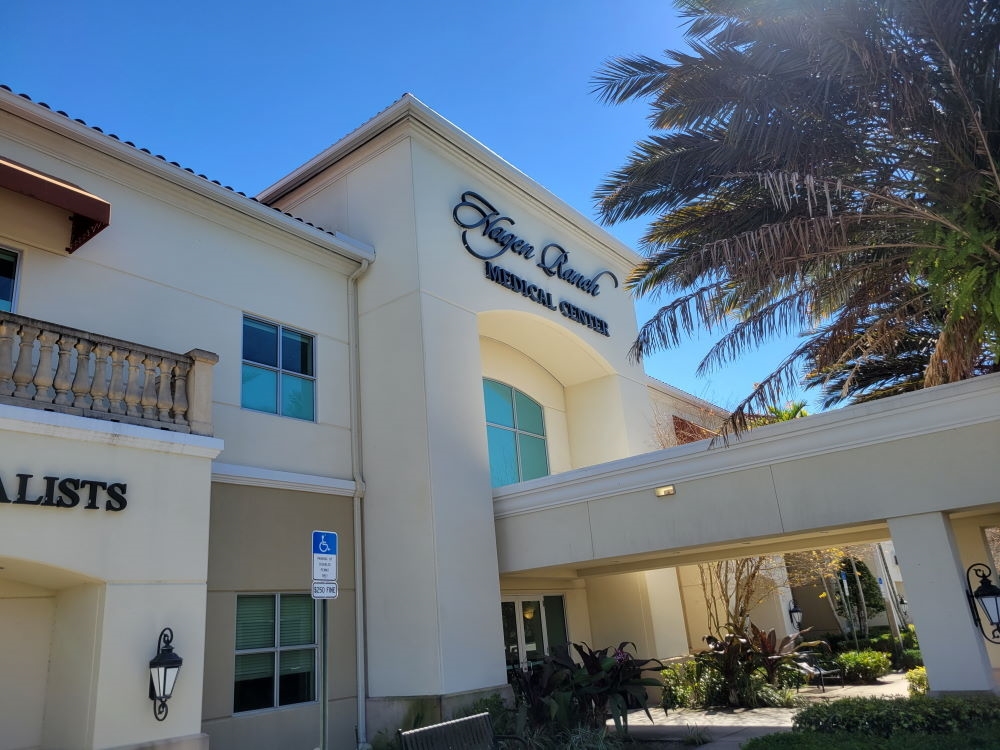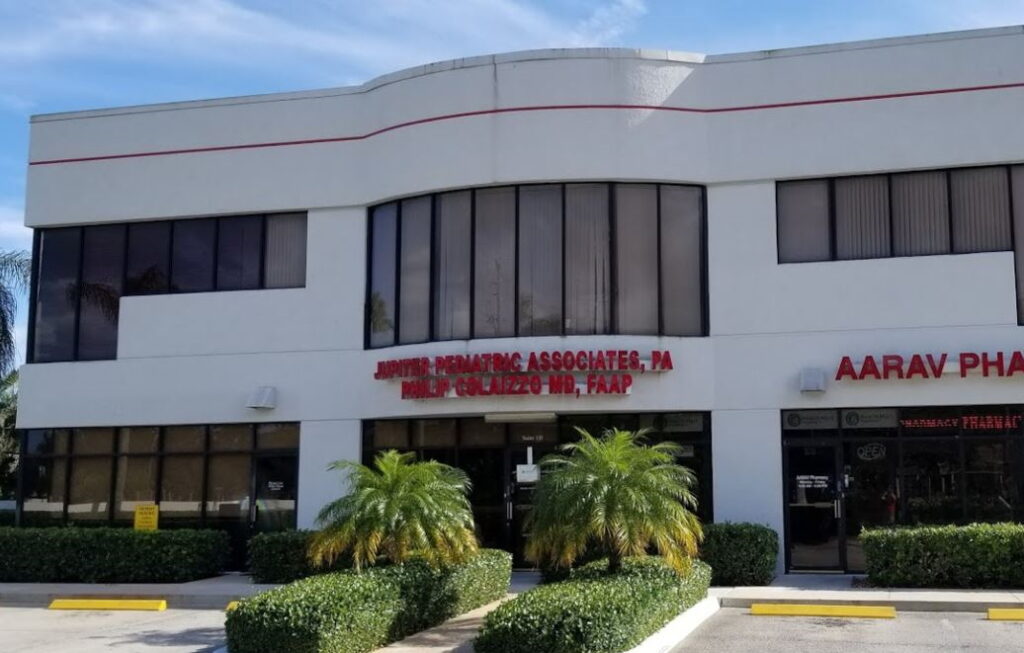Boynton Beach
10150 Hagen Ranch Rd
Jupiter
6650 W Indiantown Rd
10150 Hagen Ranch Rd
6650 W Indiantown Rd
Single-sided deafness (SSD), sometimes referred to as unilateral hearing loss, is a condition in which an individual experiences hearing loss in only one ear but can hear normally out of the other ear. While the majority of patients with a hearing impairment suffer from bilateral (two-sided) hearing loss, SSD is diagnosed in approximately 60,000 people in the United States each year. There is no cure, and treatment can be a challenge because traditional amplification devices prove less effective. However, alternative options are available for managing single-sided deafness.
SSD can be caused by a variety of factors. One of the most common causes is acoustic neuroma, a benign, slow-growing tumor that can push against the auditory nerve and affect the ability to hear properly in one ear. Sudden deafness – a rapid onset of hearing loss that occurs with little or no warning, often following a viral infection – is another condition commonly associated with SSD. Patients may fall victim to sudden deafness as a result of an inflammation in the cochlea that causes permanent damage to the hair cells responsible for hearing.
Additional causes of SSD include trauma to the head, genetic disorders, Meniere’s disease, labyrinthitis, microtia, mastoiditis, and even common childhood diseases such as measles and bumps.
Patients with SSD find it difficult to understand speech in the presence of background noise especially problematic and have great difficulty localizing sound (recognizing the location or origin of a sound source). Sound localization depends on subtle hearing cues from two ears; removing one from the equation confuses the brain. Other symptoms might include anxiety, stress, social isolation, dizziness, difficulty paying attention, and speaking loudly.
While there is no cure for single-sided deafness, options exist for helping patients cope with unilateral hearing. Traditional hearing aids don’t offer much help to those suffering from SSD, but Contralateral Routing of Signal (CROS) hearing aids can improve hearing and localization. They utilize a microphone that is placed in the vicinity of the impaired ear and an amplifier near the normal ear. The microphone picks up sounds and transmits them to the patient’s “good” ear. A similar device known as BICROS is suitable for individuals with some degree of hearing loss in one ear and total deafness in the other.
Another option is a Bone Anchored Hearing Aid (BAHA), a surgically implanted device that uses direct bone conduction to transmit sounds from the affected ear to the normal one. Vibrations in the bones of the ear canal and middle ear stimulate the hair cells of the cochlea, boosting the ability to hear.
To learn more about treatment options, contact our Center For Advanced Hearing Care for a full evaluation.
Scheduling an appointment is easy. Just click the “SCHEDULE ONLINE” button on any page of this website, or call our main number at (561) 736-8141.
We are the region’s only all Fellowship Trained adult and pediatric ENT specialists. The physicians and staff at ENT Specialists have been treating patients throughout all of South Florida since 1995. We can usually accommodate same-day and next-day appointments.

Most insurance plans accepted.

OFFICE HOURS
Mon: 9:00am – 5:00pm
Tue: 9:00am – 5:00pm
Wed: 9:00am – 5:00pm
Thu: 9:00am – 5:00pm
Fri: 9:00am – 5:00pm

ENT Specialists
10150 Hagen Ranch Rd
Boynton Beach, FL 33437
(561) 736-8141

ENT Specialists
6650 W Indiantown Rd
Jupiter, FL 33458
(561) 736-8141

NEW PATIENTS
Welcome!
To register in our patient portal and schedule your first appointment

RETURNING PATIENTS
Welcome Back!
To sign in to your patient portal account and schedule your next appointment